At the SMQB, we are passionate about developing and advancing state-of-the-art research and technology, including innovative and impactful solutions to address healthcare challenges in resource-limited environments. Through collaborations with academic, clinical, and industrial partners we are interested in using mathematical and computational techniques to support the advancement of healthcare in global and LMIC settings.
We welcome potential collaborations interested in addressing global healthcare challenges, especially via the Research Incubator programme.
Do you have an idea for a seedcorn project in this space which requires mathematical and computational approaches to address your healthcare challenge in an LMIC or global health setting? Please get in touch and our team members will be happy to discuss your ideas.
Case study: Using Artificial Intelligence-Based Application to Support Leprosy Ulcer Care and Treatment by Community Health Workers
This seedcorn project was a collaboration between Dr Onaedo Ilozumba and Sopna Choudhury (School of Health Sciences, Health Research), Prof Iain Styles (School of Computer Sciences) and SMQB Centre Fellow Dr Alexander Zhigalov.
Project Overview
Neuropathic ulcers, prevalent in individuals with leprosy and diabetes, contribute significantly to disability and diminished quality of life. In regions like Nepal, burdened with concurrent leprosy and diabetes, access to specialized care is hindered by a scarcity of healthcare facilities and trained professionals.
This project aimed to address this challenge via the development of the 'Ulcer Care App,' an AI-based mobile application designed to provide community health workers with a tool for tailored care delivery. The development of this application builds upon an ongoing University of Birmingham clinical trial in Nepal.
App flow diagram
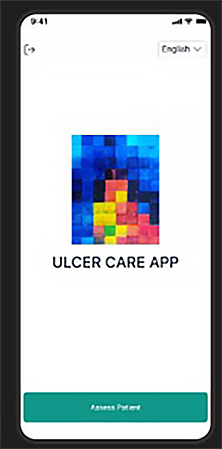
Ulcer Care App
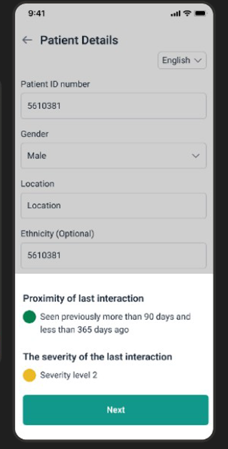
Patient details collected
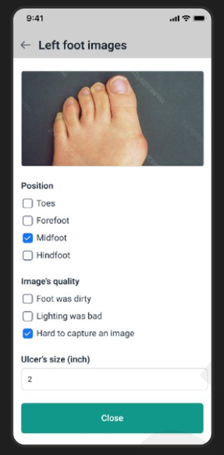
Image of foot is captured
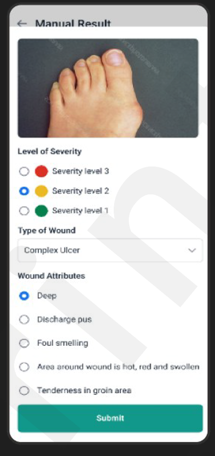
AI determines ulcer severity level
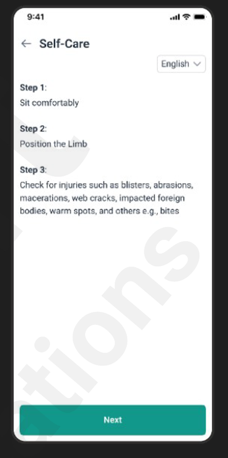
Self-care advisory given
Dashboard for project data management
Utilising a dataset comprising standardised ulcer photographs from inpatients, the team developed models predicting treatment outcomes linked to factors like age, gender, and blood pressure. Collaborating with an industry partner (B13.ai), the 'Ulcer Care App' was created, incorporating content from educational materials of the Leprosy Mission Nepal. Co-creation with healthcare workers and leprosy-affected individuals shaped the app's features. The 'Ulcer Care App' demonstrates potential for transforming leprosy ulcer care in resource limited contexts by providing a digitalised and accessible solution.
“The SMQB Seedcorn funding helped us explore a project that wasn’t possible with existing funding. There was an interest in the app from the health care workers at our LMIC partner sites.”
Two grant applications have been submitted as a result of this seedcorn project, and the preprint of the work is available online.